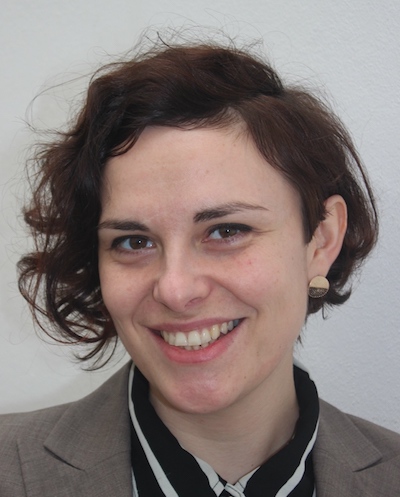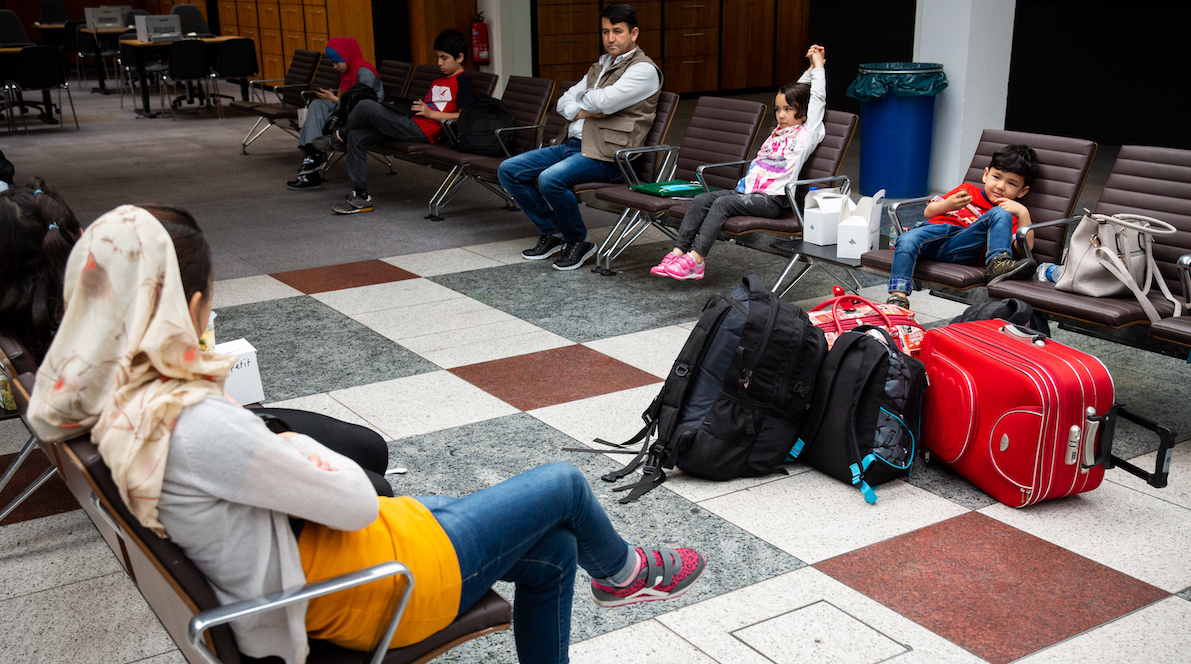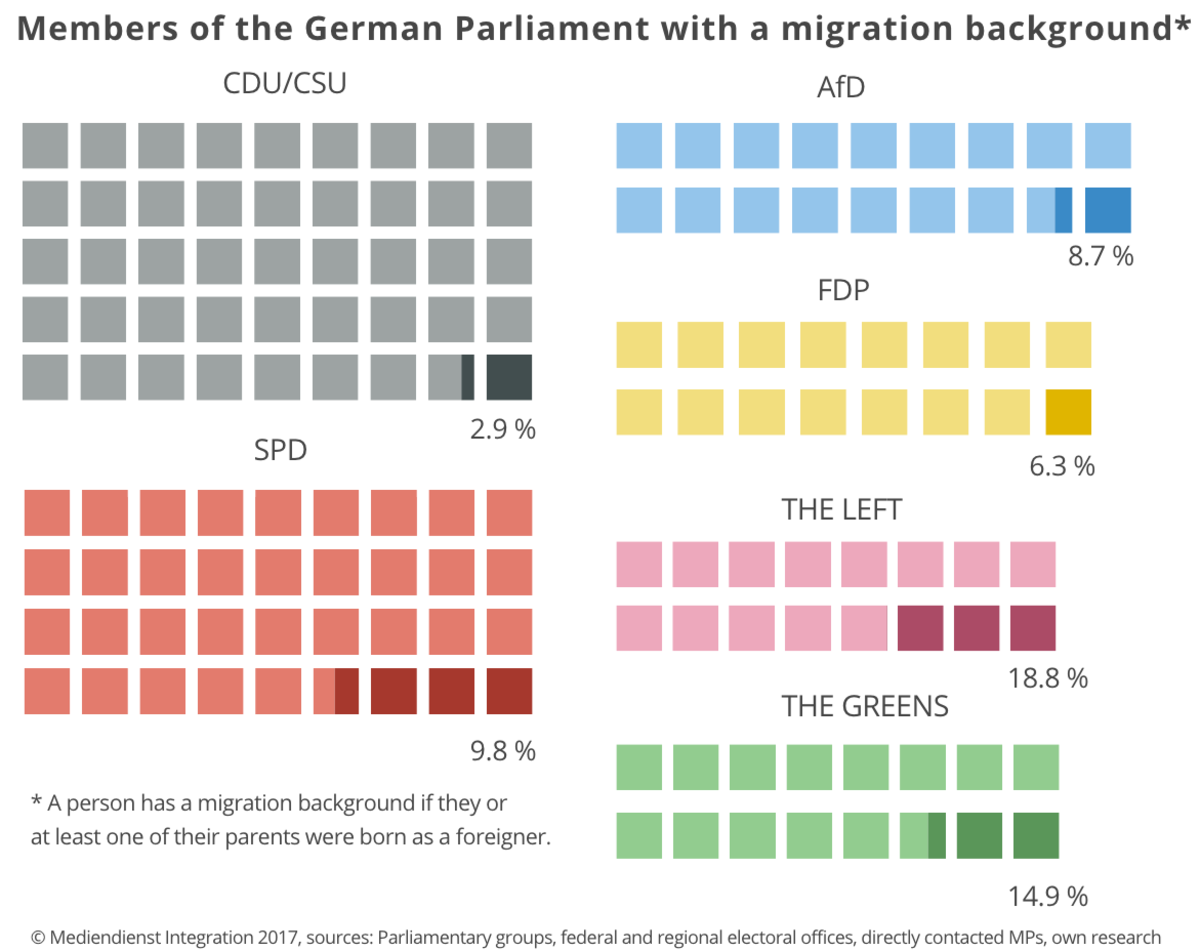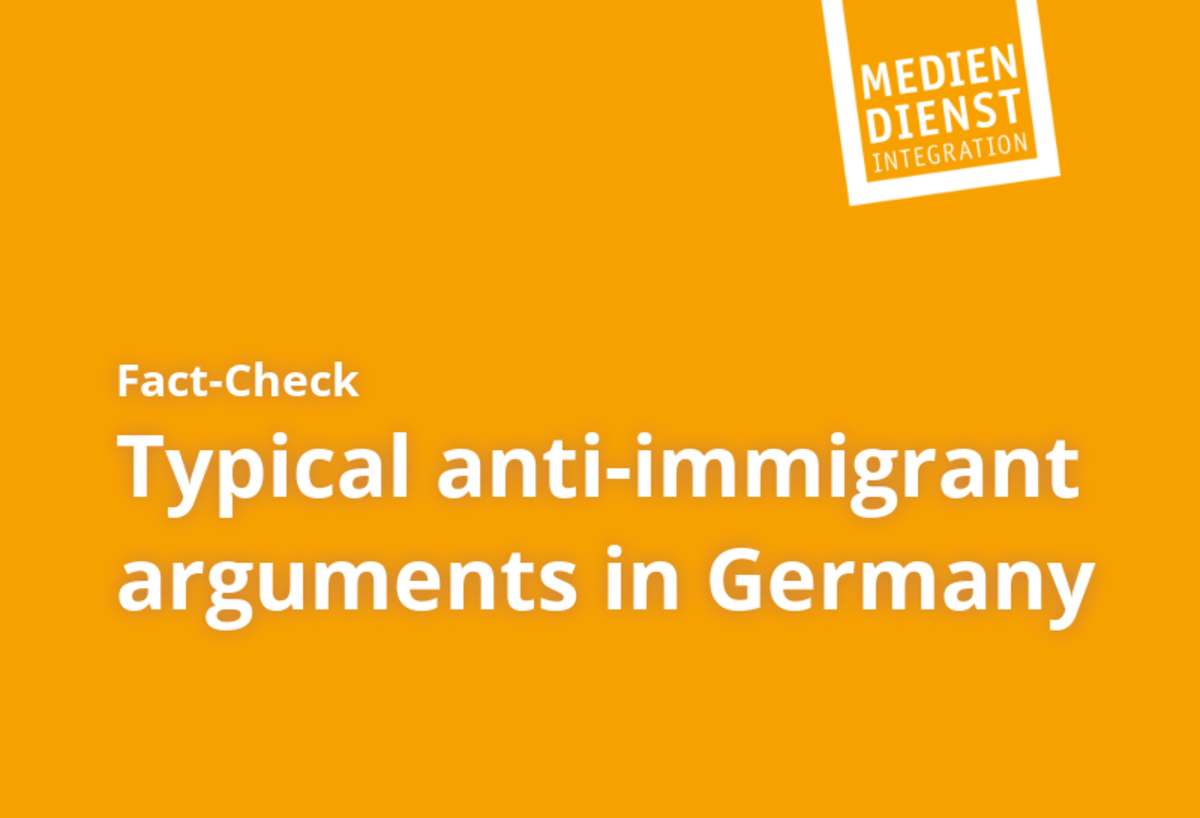Germany has received international attention when it comes to migration ever since the country’s acceptance of over one million asylum-seekers in 2015. Yet, Germany was a country of immigration long before then, with one in every five residents holding a so-called ‘migration background’ and longstanding internal debates about integration, diversity, and belonging.
This week, the European Parliament elections will take place. Right-wing populist and nationalist parties with predominantly Eurosceptic and anti-immigrant agendas are expected to gain ground. Leading up to the elections, MEDIENDIENST INTEGRATION wanted to know: What significance does Germany’s migration policy have within other countries in Europe and how is it reported on and perceived by the public? We asked three experts to weigh in on the perspective of four countries across the continent.
Adéla  Jurečková – Director of the Migration Awareness Program, People in Need Czech Republic
Jurečková – Director of the Migration Awareness Program, People in Need Czech Republic
Czech Republic: Czech media outlets were mostly critical of Angela Merkel’s open-door policy for asylum-seekers. In reporting, they gave more space to voices describing migration as a threat and little space to migration experts and refugees and migrants themselves. Even though the 'refugee crisis' is now over, Germany is still portrayed as a dangerous place and coverage of Germany’s migration politics focuses on terrorism and crimes committed by migrants. If something to this effect happens even on a small scale in Germany, it can be found on the front pages of Czech newspapers, even if it only appears in local German media. Reading these reports strengthens the perception that migration and diversity are a threat among the Czech public and that such events “could happen to us if we let in migrants”. Public attitudes in the Czech Republic towards Germany have deteriorated since the ‘crisis’ because of negative perceptions of how Germany has handled migration, though attitudes had been steadily improving before then. Another important factor is of course the overall media landscape in the Czech Republic, which in recent years has been challenged by economic pressures, changes in the ownership structure, and the rise of the so-called ´alternative media´, who spread false or manipulative content.
 Dr. Myria Georgiou – Professor of Media and Communications, London School of Economics
Dr. Myria Georgiou – Professor of Media and Communications, London School of Economics
Greece: Public interest in Germany’s migration policy has been high in Greece since 2015. The media report frequently on how German and EU migration decisions will determine the fate of approximately 60,000 refugees and migrants in Greece, the majority of whom hope to move to Germany or other Northern European destinations. Changes in Germany’s migration policy between 2015 and the present are often seen as having detrimental consequences for Greece, for instance the extremely slow processing of asylum and family reunification claims among refugees in Greece who are “living in waiting”. The perception is that Germany has not honored their commitments in this regard and that Greece’s internal migration policies are directly tied to those of Germany. Widespread suspicion towards Germany’s role in Greece’s financial crisis has now extended to migration and Germany’s policy intentions more broadly.
United Kingdom: In the peak of the 2015-16 “refugee crisis”, British media showed enormous interest in Germany’s response to new arrivals, but coverage was not homogenous. Progressive elements of the press praised Germany and Angela Merkel for their humanitarianism, while conservative and populist press quickly replaced their initial admiration with suspicion and critique of “mass migration”. Today, Germany’s migration policies have either been replaced with other stories entirely or are interpreted in the context of their relevance to the UK. For instance, Germany’s migration politics received significant attention in early 2019 after vocal Brexiteer and Conservative Member of Parliament, Jacob Rees-Mog, retweeted a video of senior AfD leader Alice Weidel and was criticized by fellow MPs for "promoting Germany’s overtly racist party".
 Dr. Bernd Parusel – Expert for the Swedish National Contact Point of the European Migration Network (EMN) at the Swedish Migration Agency
Dr. Bernd Parusel – Expert for the Swedish National Contact Point of the European Migration Network (EMN) at the Swedish Migration Agency
Sweden: Sweden and Germany reacted quite similarly to the refugee situation in 2015: initially relatively positively, and then more restrictively, through internal border controls and legislative changes such as restricting family reunification and increasing deportations. Public and media debates on migration in Sweden often refer back to Germany and individual legislative measures or even mere announcements by top German politicians are picked out to promote similar steps in Sweden, regardless of which side of the political spectrum. Also important is what does not make the headlines in Sweden when it comes to Germany’s migration policy. One example is Germany’s dual education system, which supports the integration of refugees and foreigners in the labor market. Such a system does not exist in Sweden, and Swedish media rarely refer to the German example, although many think that the integration of newcomers in Sweden moves too slowly.
Contacts
Adéla Jurečková, People in Need Czech Republic / Contact
Dr. Myria Georgiou, London School of Economics / Contact
Dr. Bernd Parusel, Swedish Migration Agency / Contact
By Sophia Burton
Sie sind Journalist*in und haben weitere Fragen oder suchen Fachleute zum Thema? Dann können Sie uns gern kontaktieren. Wir helfen schnell und unkompliziert. Unsere Texte und Grafiken können kostenfrei unter den Regeln der Creative Commons und unserer Namensnennung verwendet werden. Dies gilt nicht für Bilder und Fotos, die wir von Dritten erworben haben.



